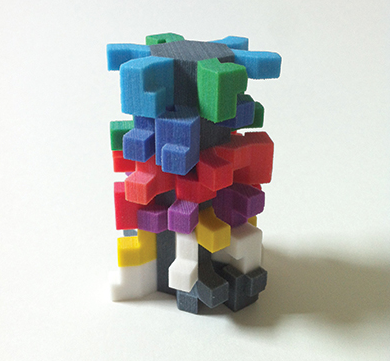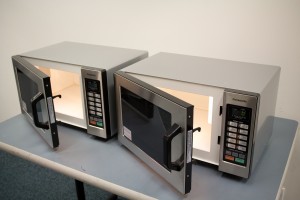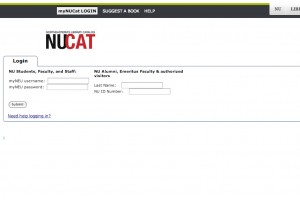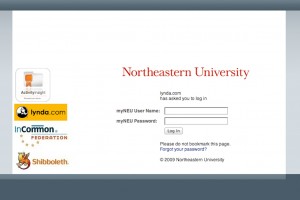Updated: Scholar OneSearch Replaced NUCat on July 1st, 2013
Update, July 1, 2013: Scholar OneSearch is live! We’re very excited to be able to share this new service with you, and we hope to hear your feedback about the service. WorldCat is also back online, along with all of the myNUCat functions that had been offline, login to Scholar OneSearch with your myNEU credentials to get started.
Update, June 28, 2013: The interlibrary loan service WorldCat is currently unavailable due to the system changeover, but do not despair: you can still order any materials you need through ILLiad! Our apologies for the disruption in service, and thank you for understanding. We will update here when the service is restored.
Update, June 26, 2013: With the change from NUCat to Scholar OneSearch, all functions of myNUCat will be offline from 11:00pm tonight, Wednesday, 6/26/13, until the new system comes online July 1. This includes placing holds, renewing materials, viewing fines, and self-service room reservations. Room reservations are still available, however, details are here. You can still borrow and return books from Snell Library, as well, you’ll just have to stop by the Circulation & Information desk by the front doors to Snell Library. Thank you for your understanding and patience during this transition, all self-service functions will be back online starting sometime on July 1st.
—
There’s a lot of exciting change coming to the library this summer. If you’ve been in Snell Library, you’ve seen the construction work taking place on the 1st floor, which will provide wonderful new individual and group study spaces for the Northeastern community.
Another major change will occur on July 1 as our legacy NUCat library catalog is replaced by a sophisticated new research tool called Scholar OneSearch. Using Scholar OneSearch, you will be able to search the library collections, articles and more from one search box. Or, if you prefer, you will be able to limit your search to just the library collections as you did formerly with NUCat.
Scholar OneSearch is the front end to a major new automated library management system in the Northeastern libraries, which is now also being implemented in many other libraries across the world, including Princeton, Purdue, Boston College, University of Minnesota and hundreds more. Because this system is new to Northeastern and relatively new to libraries in general, it will be enhanced over the summer and beyond as we gather user feedback. So we need to hear from you about any thoughts you have about Scholar OneSearch, any problems you encounter or any changes you would like to see.
Meanwhile, if you have personal lists and borrowing history in your myNuCat account and you need that information, please be sure to print them out or save them before July 1st.
Thank you for helping us to make your library research experience the best it can be!



